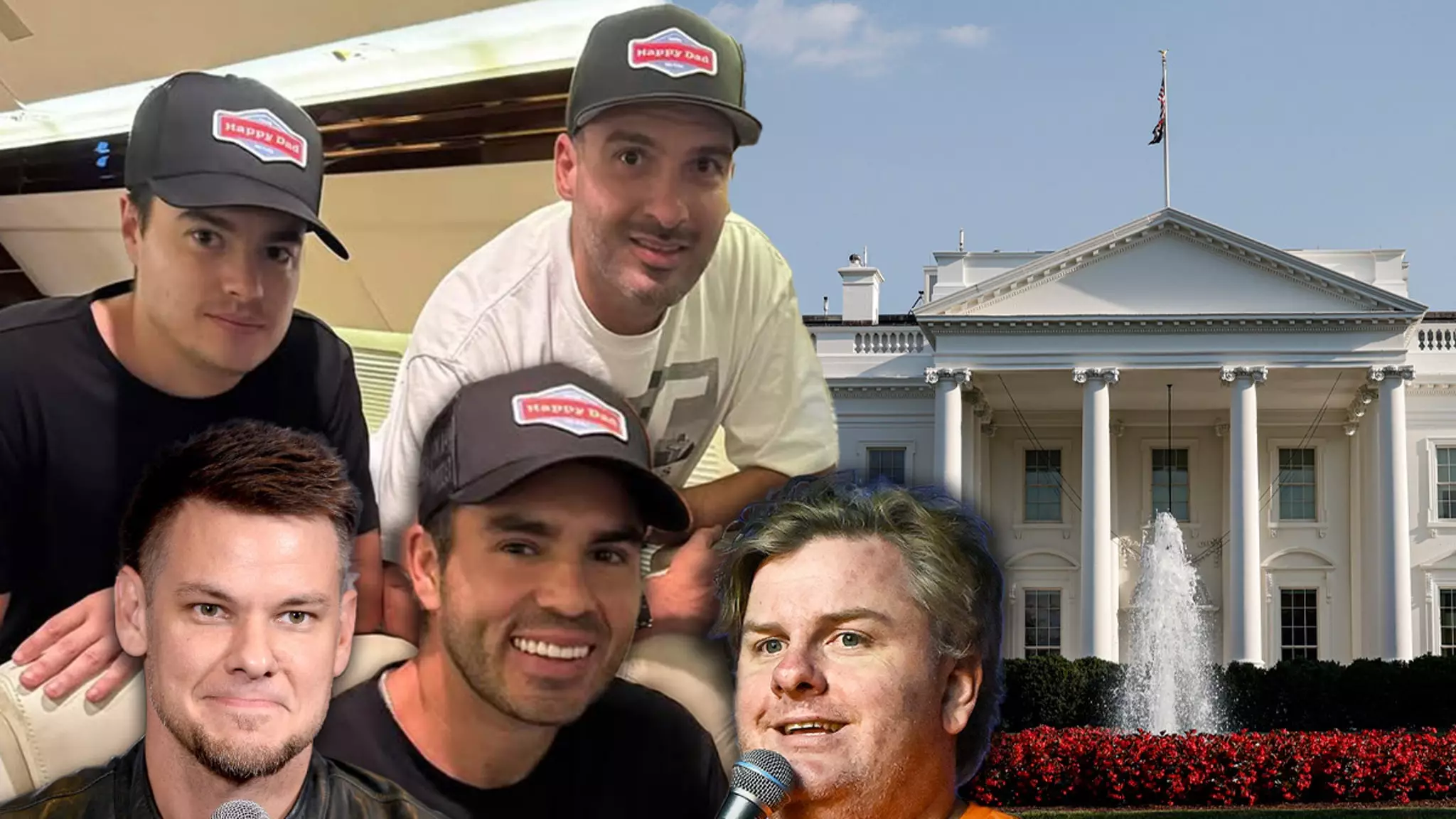In an era defined by rapid media transformation, the inclusion of podcasters in traditional political processes has emerged as a revolutionary concept championed by influential figures like John Shahidi. Managing some of the most popular content creators, including comedic podcaster Theo Von and the wildly successful Nelk Boys, Shahidi has taken bold steps to reshape the conventional media landscape. His proposition involves granting press credentials to a new wave of podcasters, essentially reinvigorating the White House Press Briefing Room by drawing in a younger demographic—especially younger men—who increasingly turn to podcasts for their news.
The increasing influence of podcasts during the recent election cycle demonstrates how politicians, particularly Donald Trump, can effectively engage with a demographic that feels disconnected from mainstream news outlets such as CNN and NBC. Shahidi argues that this shift in consumption patterns mandates a reform of traditional press dynamics in favor of a more inclusive approach.
John Shahidi’s innovative idea was presented to Donald Trump during a UFC event, showcasing not just the evolution of media but also the potential for political engagement in unorthodox spaces. He envisions establishing a dedicated media area for podcasters and content creators, separate from the traditional press corps. This could facilitate a broader dialogue that resonates with the opinions and lifestyles of younger audiences.
The reasoning behind this proposition is twofold. First, engaging with these influential podcasters allows political figures to target specific demographics who are more likely to engage with content in audio formats. Secondly, by granting podcasting rights within the White House, it fosters a new, potentially less adversarial relationship between politicians and the media, as these influencers often carry a narrative favorable to their audiences.
Implementing this idea would significantly change the dynamics of political communication, stirring reactions from both traditional media outlets and the newer generation of content creators. Shahidi’s suggestion disregards the traditional media’s apprehensions, advocating instead for a direct line to younger voters through platforms they already trust. If Trump were to establish a space for podcasters, it would invite discussions that differ dramatically from those traditionally held in the press briefings.
Moreover, this endeavor would set a precedent for future administrations, encouraging them to adopt innovative approaches to engage with constituents. By prioritizing platforms that reach a demographic increasingly disenchanted with conventional journalism, political messaging would likely become more accessible and relatable.
As John Shahidi leads the charge into what could be a pivotal shift in the political landscape, the implications are far-reaching. The idea of integrating podcasters into the existing political framework not only presents an opportunity for an amplified voice among younger audiences but also challenges the norms of an industry that has long dictated the narrative. The potential emergence of a two-tiered media system, featuring both traditional journalists and modern content creators, could very well redefine the future of political discourse and public engagement in the United States. As the lines between politics and entertainment continue to blur, it will be fascinating to see how this dynamic evolves.

